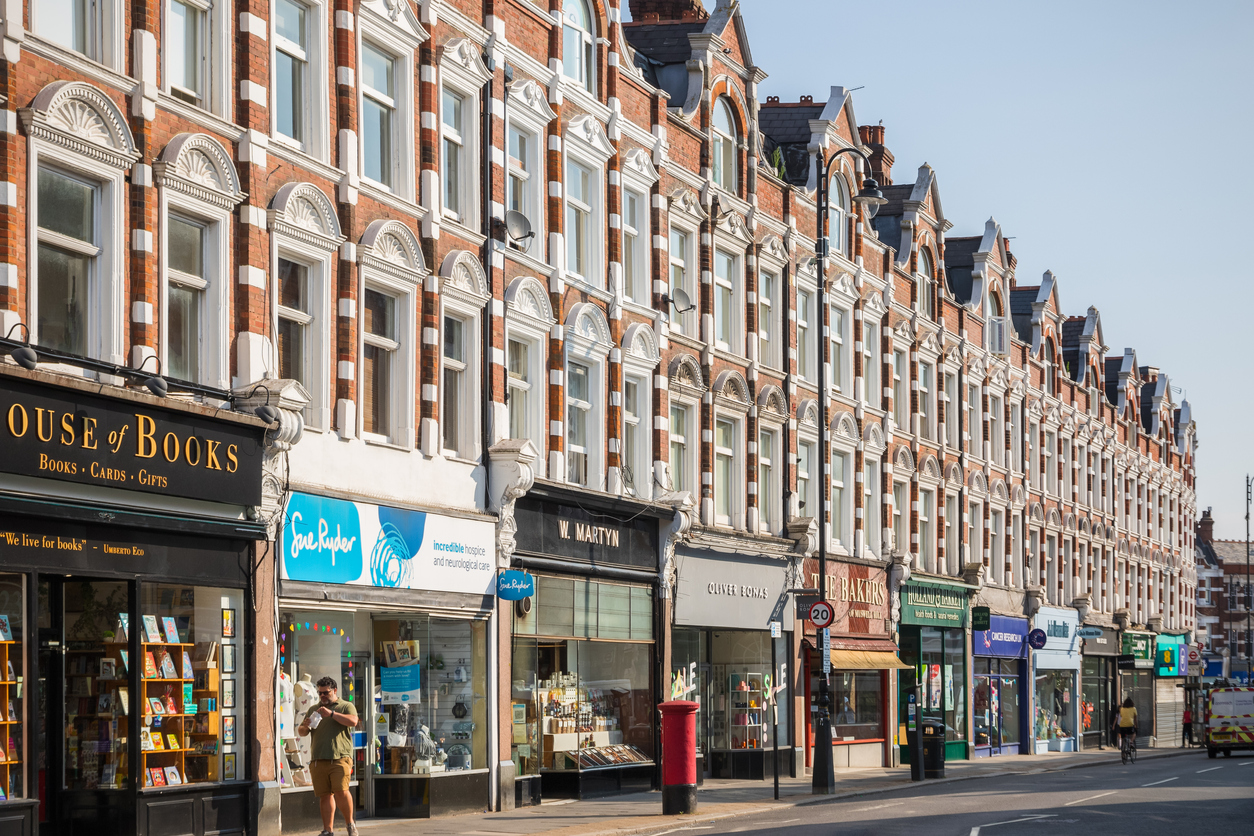



Whether you're looking to open a new retail store, expand your office space, or find a warehouse for industrial operations, securing the right commercial rental is crucial for your business’s success. The process of finding a commercial rental involves more than just choosing a location—it requires understanding lease terms, zoning regulations, and long-term business needs.
At Fraser Bond, we provide expert guidance on navigating the commercial rental market, helping businesses find suitable properties across London and beyond. In this guide, we’ll cover the key considerations for renting commercial properties, the types of commercial rentals available, and how to find the right space for your business.
Commercial properties come in various forms, depending on the business type and operational needs. Here are the most common types of commercial rentals:
Office rentals are essential for businesses needing a professional workspace for employees, meetings, and day-to-day operations. Office spaces can range from small serviced offices for startups to large corporate headquarters. Key considerations include location, size, facilities, and the potential for expansion as the business grows.
Retail rentals include storefronts and spaces designed for customer-facing businesses such as shops, restaurants, and cafes. The success of a retail unit often depends on location, foot traffic, and visibility. High streets, shopping centres, and areas near transportation hubs are popular locations for retail spaces.
Industrial properties are typically used for manufacturing, storage, distribution, or production purposes. These spaces need to accommodate large equipment, inventory, and staff. Key factors include accessibility (especially for logistics), the availability of loading docks, and proximity to major roadways or transport links.
Mixed-use commercial properties combine residential and commercial spaces. They are ideal for businesses looking to integrate retail, office, or service spaces in neighbourhood developments. For example, a ground-floor café with residential units above would be a mixed-use property.
Businesses in the leisure and hospitality sectors, such as hotels, gyms, or event venues, require specific facilities and amenities. Location is key for these rentals, with businesses needing to attract a steady flow of customers. Parking availability, visibility, and proximity to tourist attractions or residential areas are important factors.
Renting a commercial property involves more than just selecting a space—it requires careful planning to ensure the property fits your business's long-term goals. Here are the key factors to consider:
The location of a commercial rental is critical for business success. For retail businesses, high foot traffic and visibility are essential, while offices may need to be easily accessible by public transport or near major business districts. Industrial properties benefit from proximity to logistics hubs or major road networks for distribution purposes.
Ensure the property provides enough space to accommodate your business operations. Consider the number of employees, storage needs, and customer space. It's important to think about both current requirements and future growth. The layout should also suit your operations, whether it's open-plan office space or dedicated storage areas in a warehouse.
Understanding the lease terms is crucial. Commercial leases can vary widely, so it's essential to clarify:
Ensure the property is zoned for your type of business. Zoning laws regulate what types of businesses can operate in specific areas. For example, some properties may be zoned for industrial use, while others are restricted to retail or office use. If the property requires any modifications, such as signage or interior changes, you may also need planning permission.
Consider parking facilities for customers and employees, especially if the business relies on footfall or requires frequent deliveries. For retail businesses, convenient parking or proximity to public transport can significantly impact customer satisfaction.
Assess the condition of the property before signing a lease. You may need to invest in refurbishment, renovations, or interior fit-outs to meet your business requirements. Some landlords offer incentives or contributions towards fit-out costs, so it's worth discussing this during lease negotiations.
Finding the perfect commercial rental requires thorough research and understanding of your business’s specific needs. Here’s how to approach the search:
An experienced commercial property agent, like Fraser Bond, can help you find the right property quickly. Agents have access to a broad range of listings, including off-market properties, and can guide you through lease negotiations. They’ll help you identify suitable properties that match your budget and business goals.
Determine how much you can afford to spend on rent, utilities, and additional costs such as business rates, maintenance, and insurance. Make sure to factor in potential rent increases and the costs of fitting out or refurbishing the space.
Before making a decision, visit several properties to compare features, locations, and lease terms. Walk around the surrounding area to assess foot traffic, local competition, and amenities. Ensure that the property meets your business's operational needs and provides room for growth.
Once you’ve identified a suitable property, negotiate the lease terms to ensure they are favourable. You may be able to negotiate on factors such as rent-free periods, break clauses, or contributions towards renovations. Fraser Bond can assist you with lease negotiations to ensure you get the best possible terms.
Before signing any commercial lease, it’s crucial to seek legal and financial advice. A solicitor can review the lease for any potential pitfalls, while a financial advisor can help ensure that the lease fits within your business’s financial plan.
At Fraser Bond, we specialise in helping businesses find the ideal commercial rental properties. Our experienced team offers:
Finding the right commercial rental is essential for the success of your business. Whether you're looking for an office, retail unit, or industrial space, understanding your needs, researching the market, and negotiating favourable lease terms are key steps to securing the perfect space.
At Fraser Bond, we are dedicated to helping you navigate the commercial rental market with ease. Contact us today to explore available commercial properties and find the perfect space for your business.